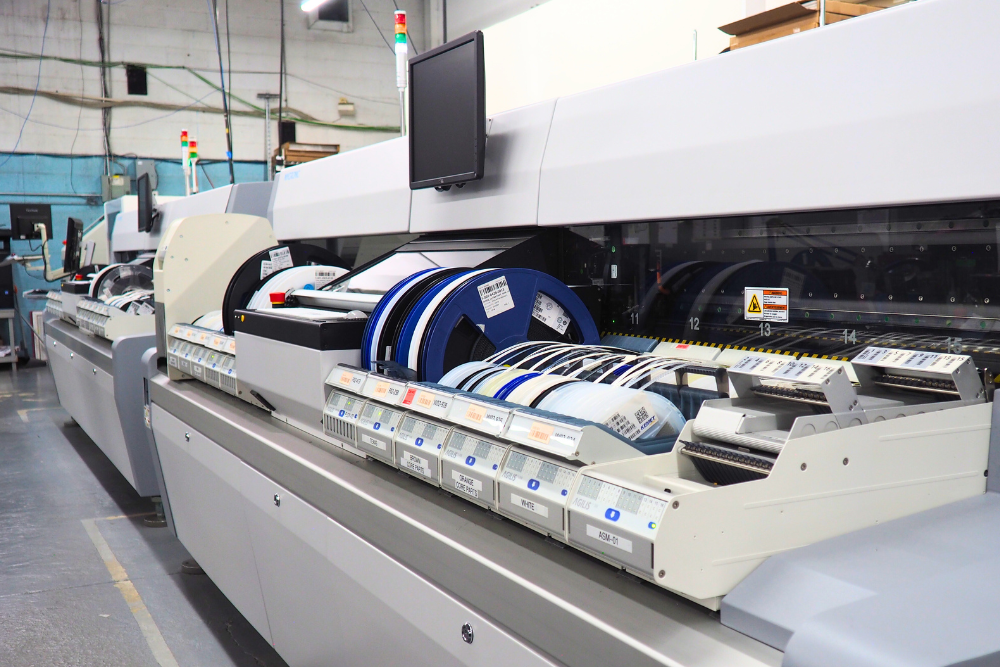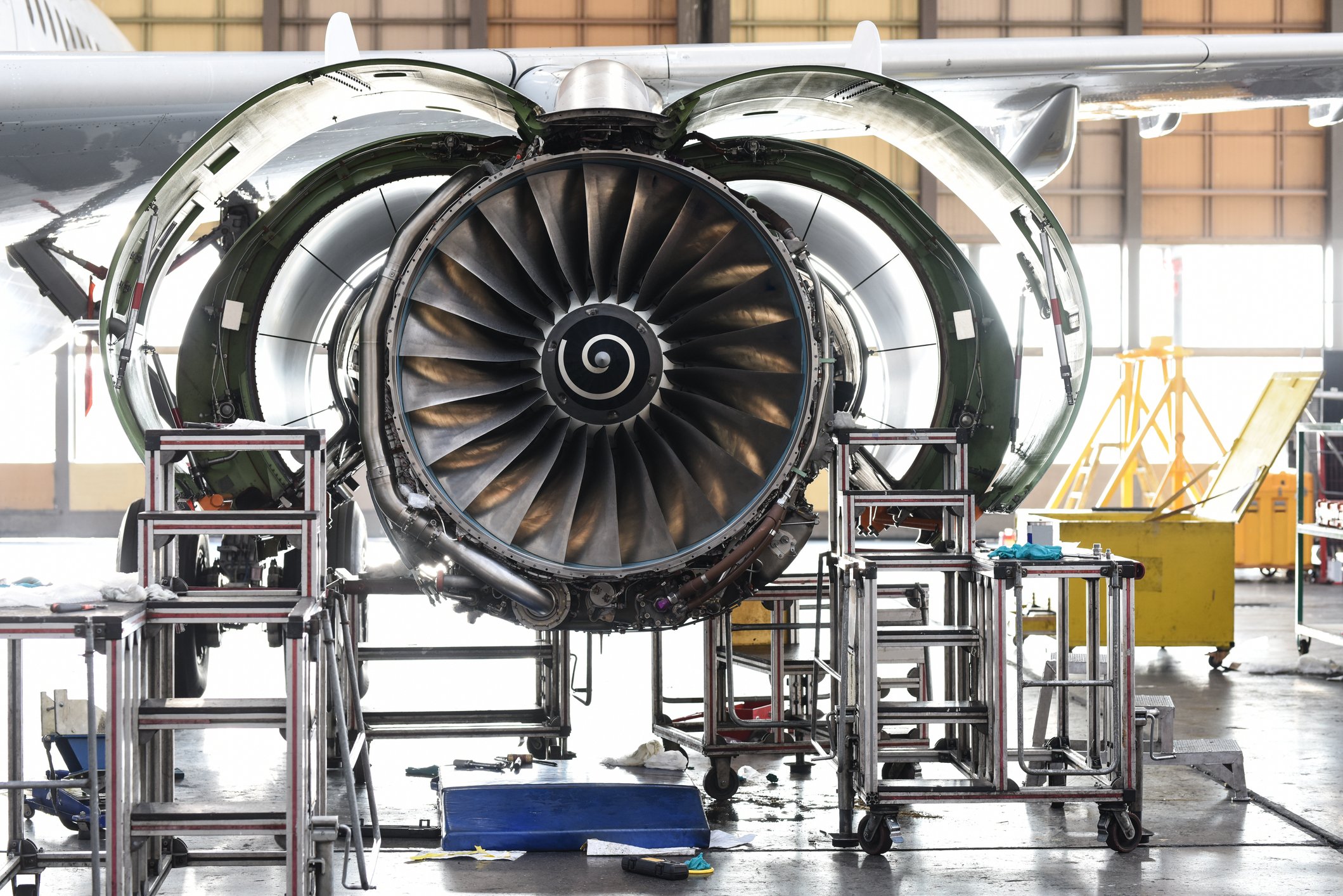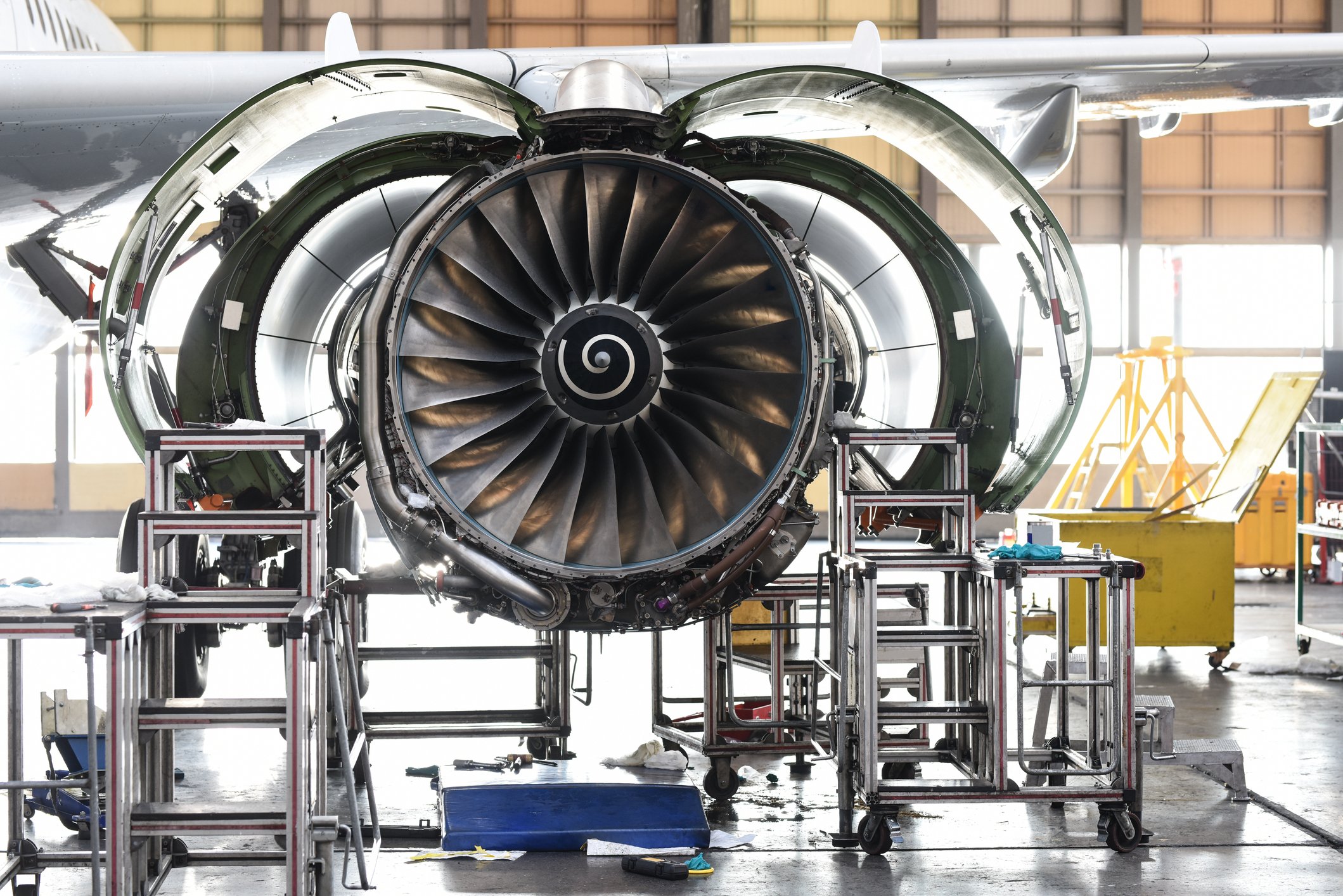
Source: TransDigm annual report.
The boom in the aerospace industry has attracted a lot of attention from investors worldwide, as airlines have put in record profits and Boeing and other aircraft manufacturers have seen huge demand for newer, more fuel-efficient airplane models. Yet when you look further down the supply chain, you'll find that aerospace-parts manufacturer TransDigm Group (TDG +0.10%) has capitalized even more on the rise in aircraft demand. As the company seeks to take maximum advantage of its lucrative opportunity, TransDigm's fiscal fourth-quarter results later this week will tell a lot about whether its impressive climb is sustainable in the long run.
TransDigm has made much of its profit from soaring aerospace sales, as it manufactures a wide variety of components for both commercial and military aircraft. Yet the company also plays a key role in keeping the world's aircraft fleet functioning, with sales of aftermarket parts used for maintenance and repair making up the majority of its revenue. Let's take an early look at what's been happening with TransDigm Group over the past quarter and what we're likely to see in its report.
Stats on TransDigm Group
|
Analyst EPS Estimate |
$2.02 |
|
Change From Year-Ago EPS |
15.4% |
|
Revenue Estimate |
$631.5 million |
|
Change From Year-Ago Revenue |
17% |
|
Earnings Beats in Past 4 Quarters |
3 |
Source: Yahoo! Finance.
Will TransDigm earnings take flight once again?
Investors haven't made any big changes to their projections on TransDigm Group earnings recently, boosting full-year fiscal 2014 projections by a penny per share but cutting fiscal 2015 estimates slightly. The stock has just kept rising, though, gaining 8% since early August.

Source: TransDigm.
TransDigm Group's fiscal third-quarter results in August showed just how strong the company's growth has been lately. Revenue of $610.6 million was up 25% from the year-ago level, and although one-time refinancing expenses slashed net income, adjusted earnings per share rose 7% from 2013's fiscal third quarter. More important, TransDigm issued favorable guidance for the full fiscal year, including upgraded figures for net revenue and operating earnings.
In large part, TransDigm's success has come from following its broadest strategic goals. The company has emphasized regular new business development, continual cost improvements, and value-based pricing to keep customers happy while maintaining adequate profit margins. Regular acquisitions have broadened TransDigm's product offerings, and a corporate structure that doesn't rely as much on centralized management directives has encouraged innovation in its business segments and improved overall efficiency.
Debt has been one persistent concern for TransDigm Group investors, with long-term debt of about $7.3 billion leaving the company with negative shareholder equity. Yet the restructuring of its debt in May and June left TransDigm in much better financial condition; the company issued $2.35 billion in notes with maturities of eight to 10 years at rates of 6% and 6.5%, allowing it to repay part of its outstanding 7.75% debt maturing in 2018. TransDigm also paid a massive dividend of $25 per share to shareholders in June, showing confidence that it can maintain its debt despite being substantially leveraged.

Source: TransDigm.
The company's major advantage over competitors such as HEICO is that the bulk of TransDigm's products are proprietary items for which it is the sole supplier. That makes TransDigm's relationship with Boeing, Airbus, and other airplane manufacturers essential, and it puts TransDigm in a solid bargaining position with its supply customers.
In the TransDigm Group earnings report, watch to see whether the company continues to benefit from from the rise in new-aircraft sales and also from its replacement-part business. Moreover, look to see if TransDigm talks appreciably about its nonaviation business. With that segment bringing in barely 5% of the company's overall revenue in fiscal 2013, and an even smaller share of operating earnings, some would argue TransDigm would do well to divest itself of that unit and commit itself entirely to the health of the aviation industry. Finally, check to see how the defense market compares to the commercial market, as strength in both would be most likely to keep TransDigm climbing into the future.






